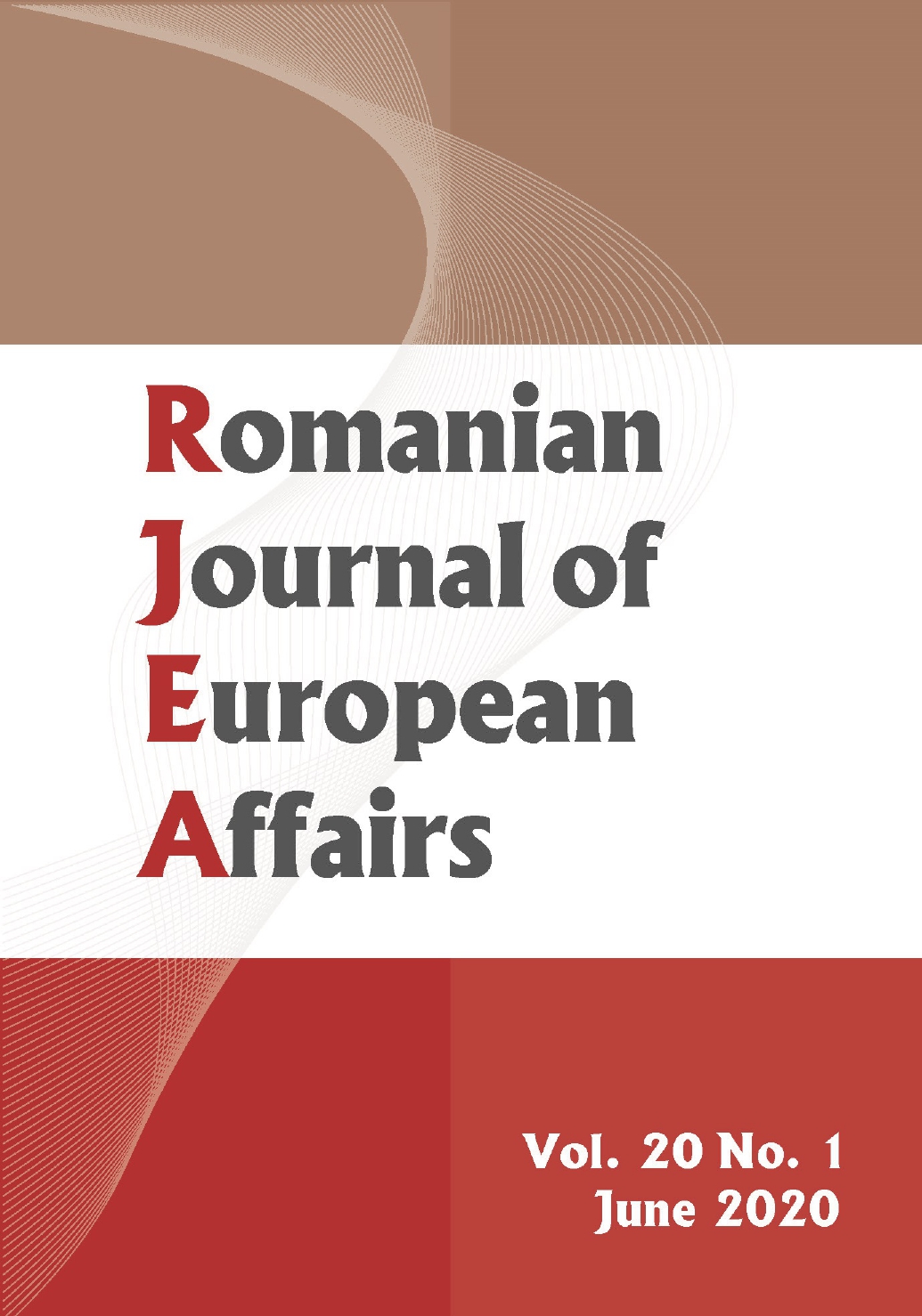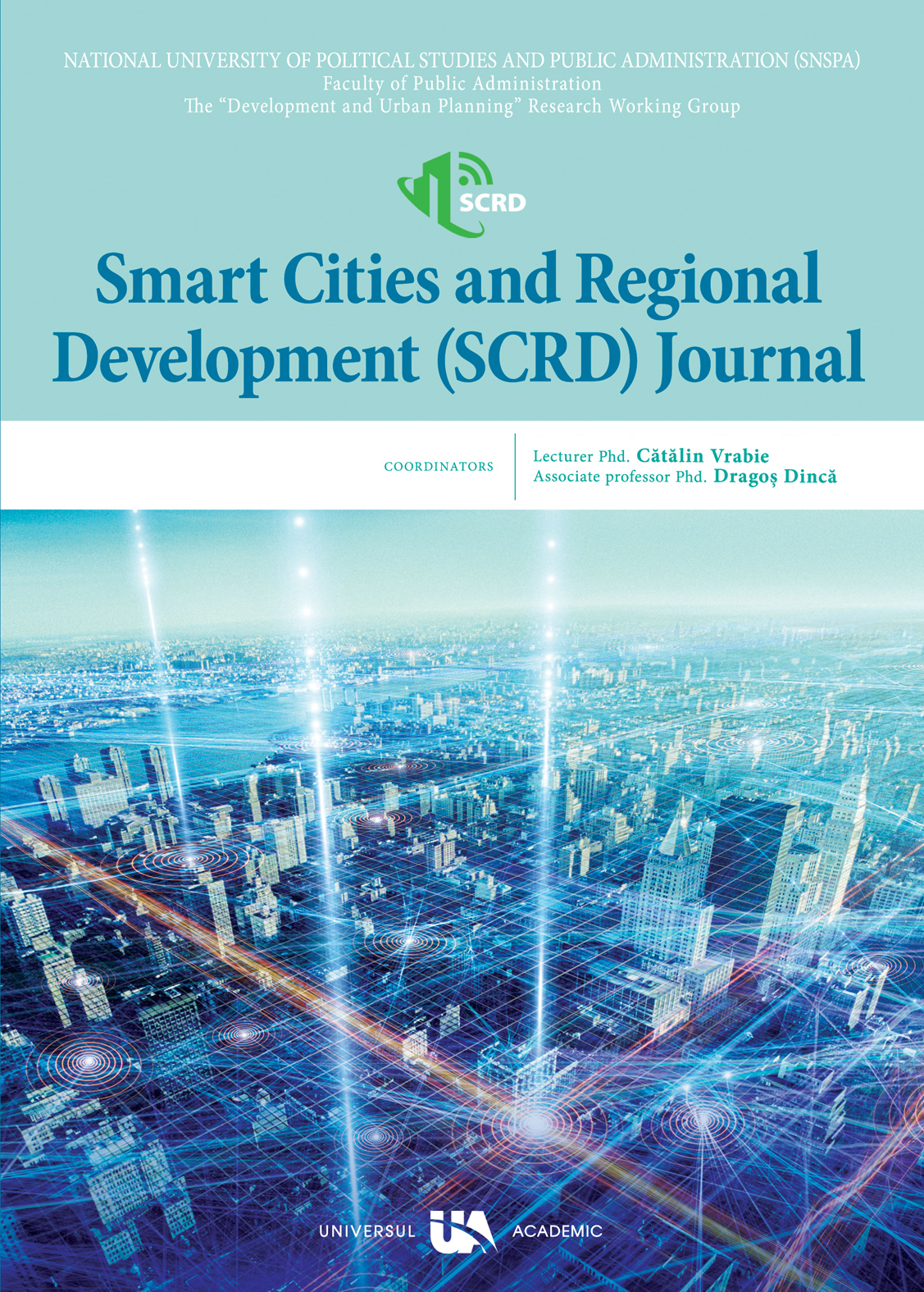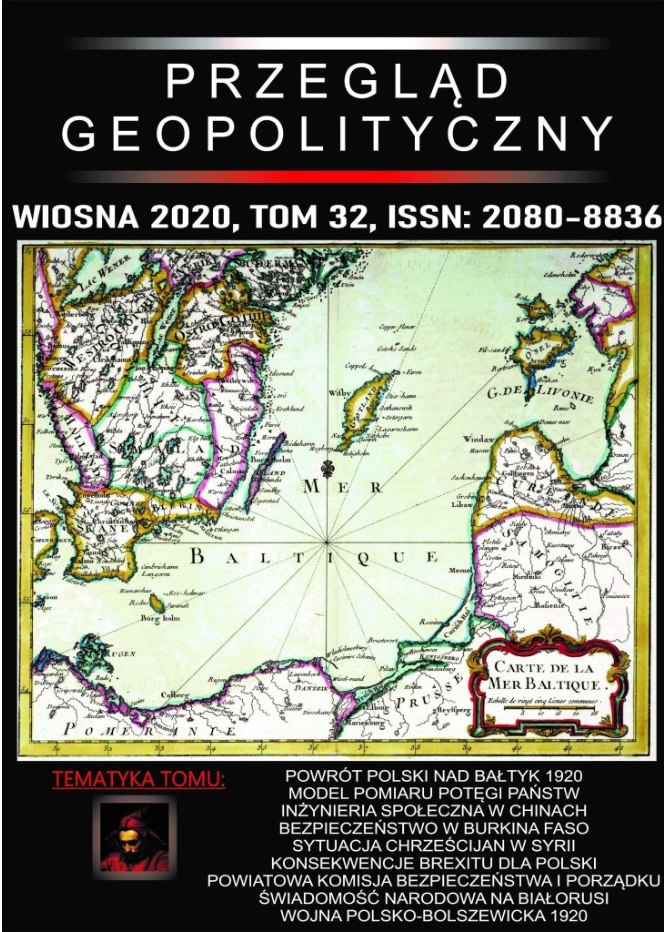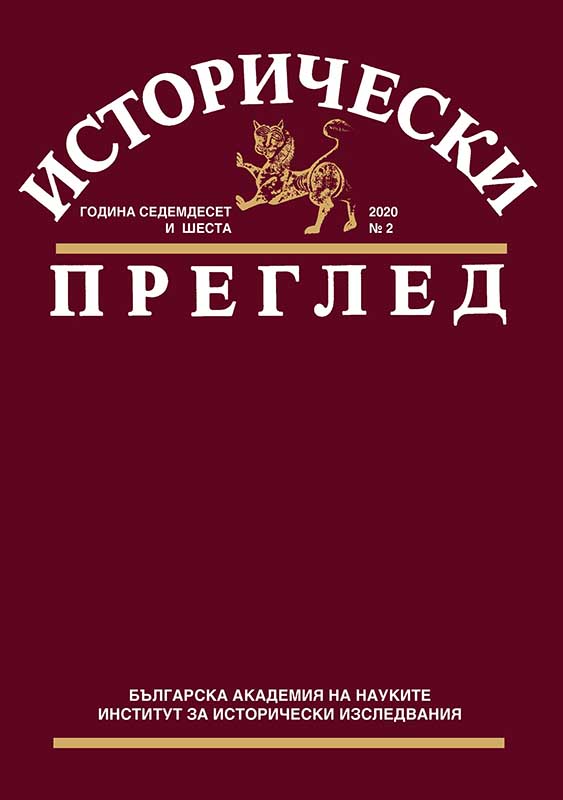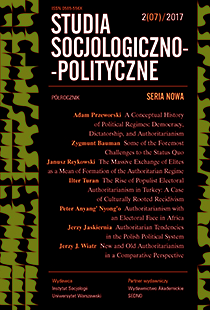
A Conceptual History of Political Regimes: Democracy, Dictatorship, and Authoritarianism
The labels we attach today to distinguish political regimes have histories. Applying them without understanding these histories is sometimes anachronistic and ethnocentric. I have little new to say about “democracy” and “dictatorship”, so that the discussion of these concepts is just a reminder. “Authoritarianism”, however, is a dubious neologism. I advance two claims: (1) In all regimes the power to command and be obeyed entails some dose of reason-giving, (2) What distinguishes regimes is the form and the extent to which the authority of rulers is monopolised by physical force. I conclude that the concept of “authoritarianism” adds little to the distinction between democracy and dictatorship.
More...
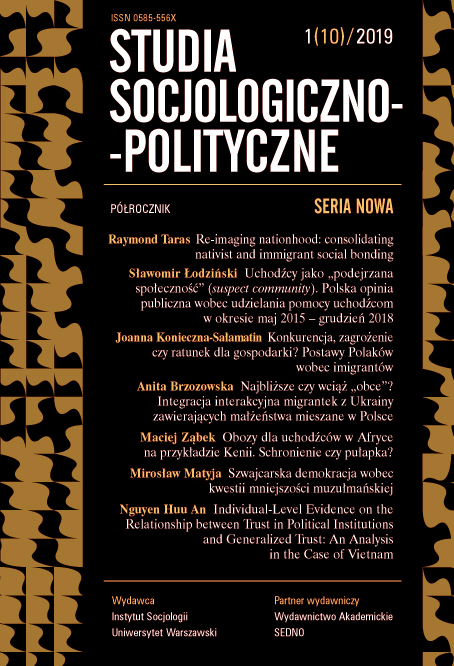
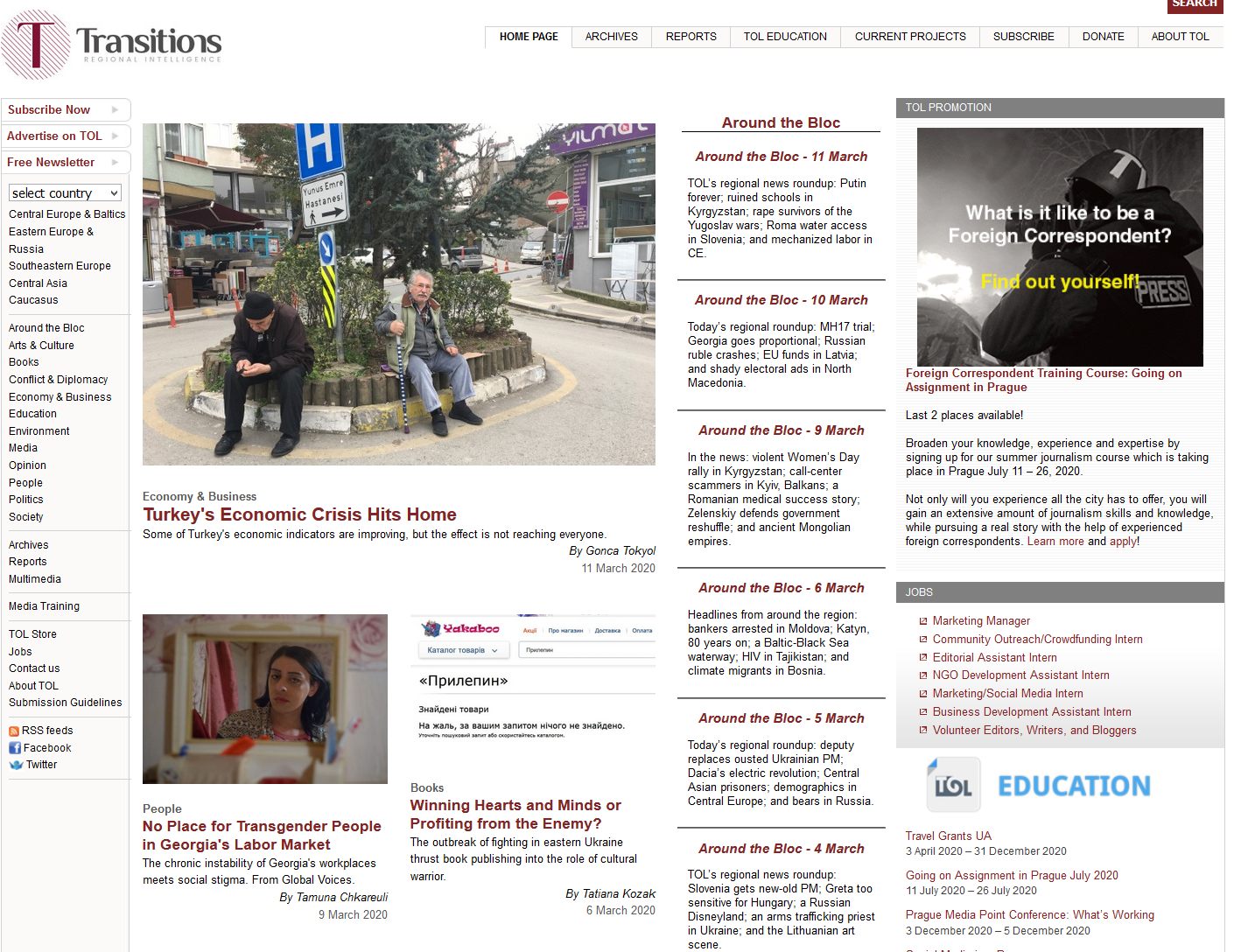
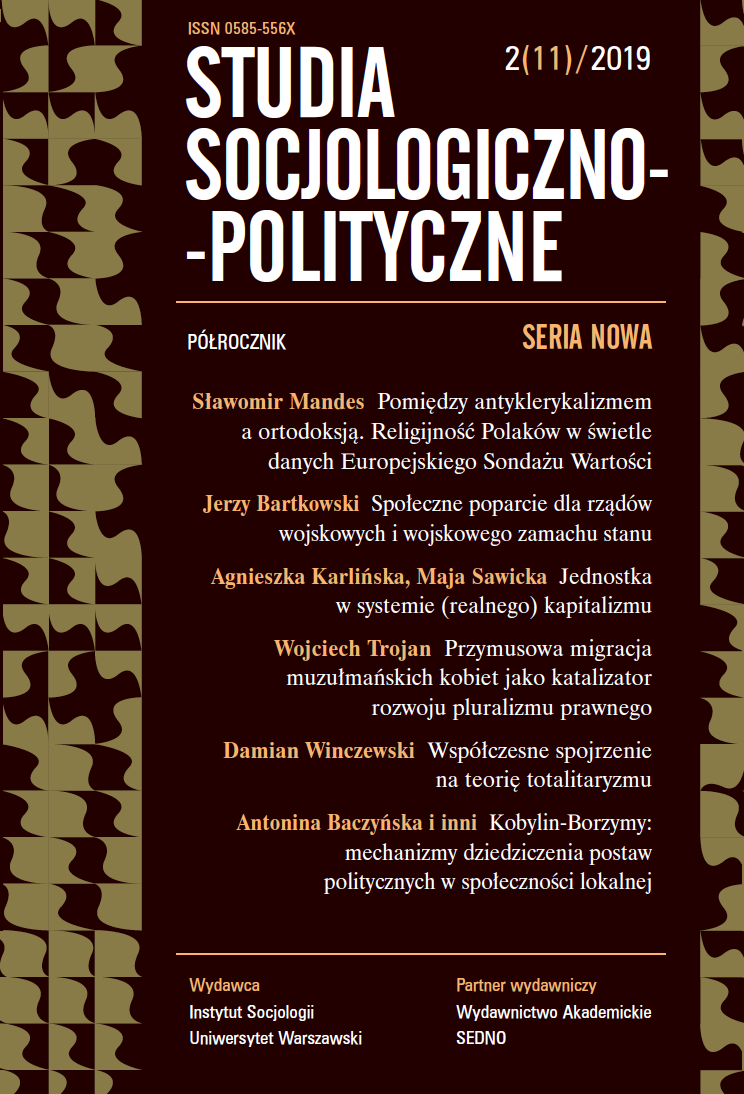
![Capitalul în România postcomunistă [Capital in Post-communist
Romania], by Florin Georgescu, Editura Academiei Române,
Bucureşti, 2018, 3 vol., ISBN 973-27-2936-6](/api/image/getissuecoverimage?id=picture_2019_53055.jpg)
